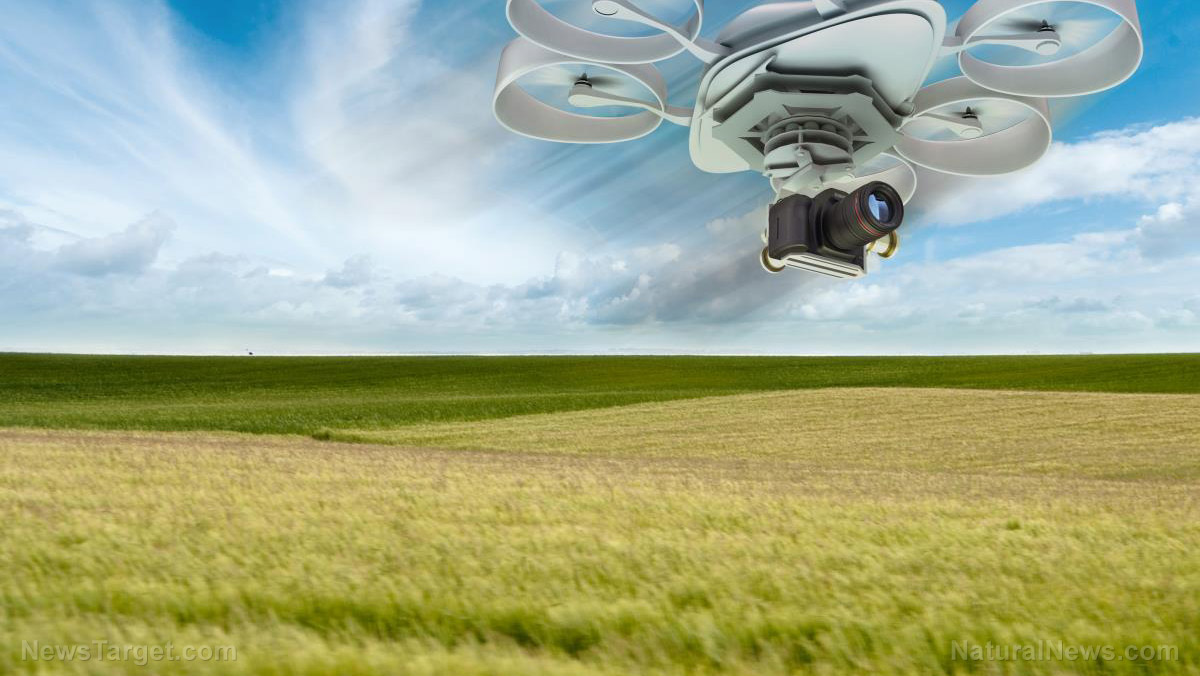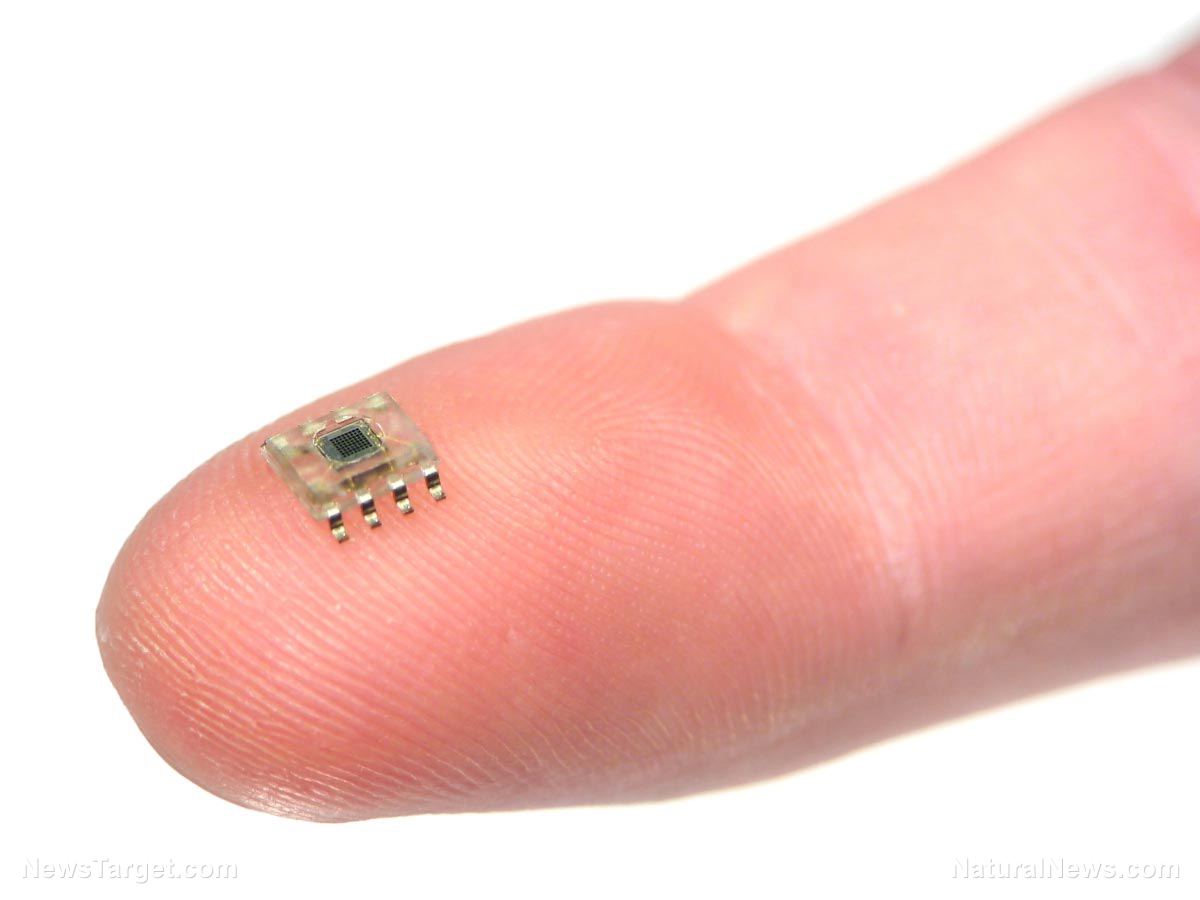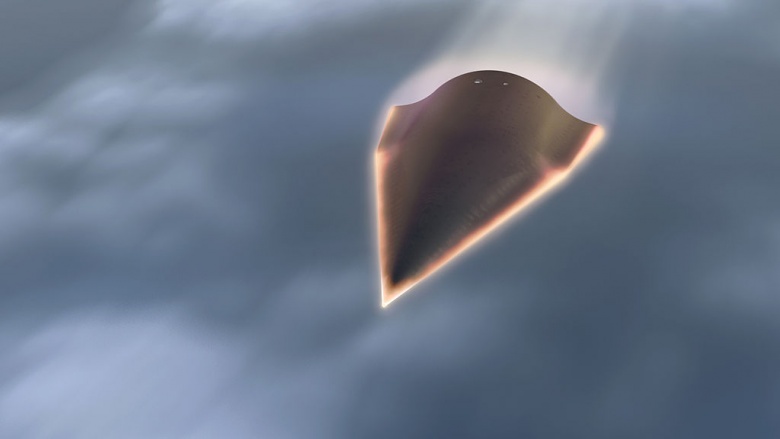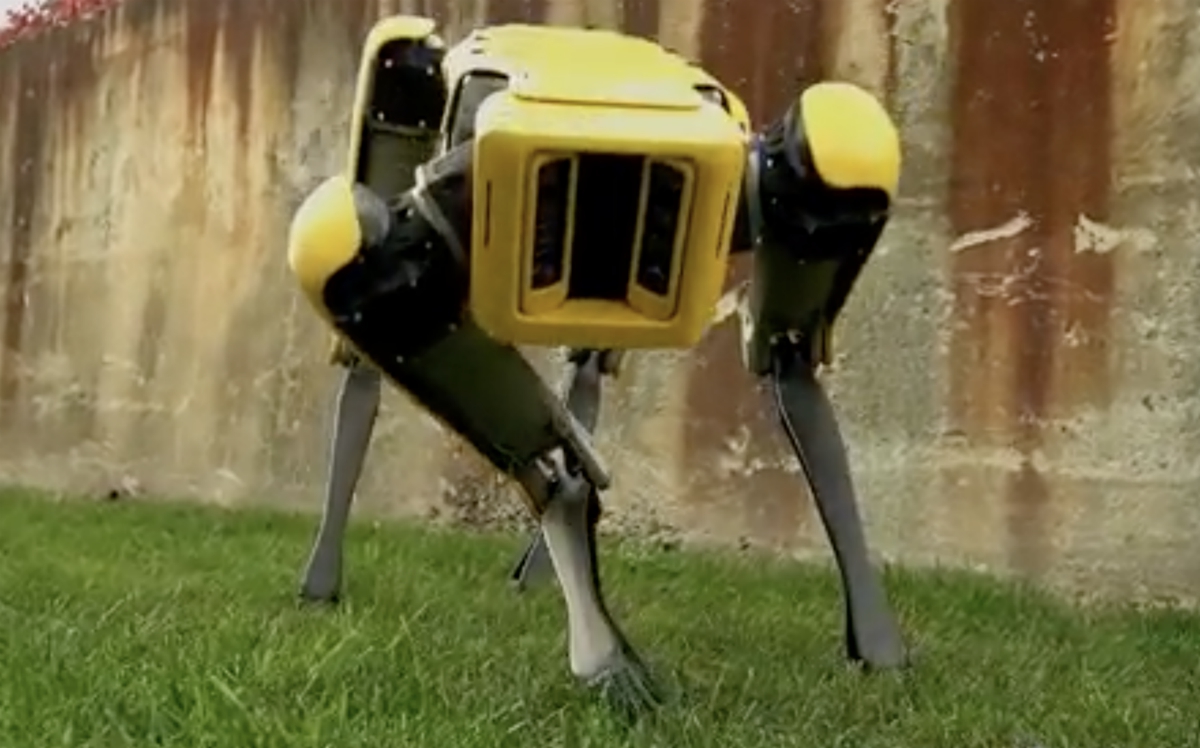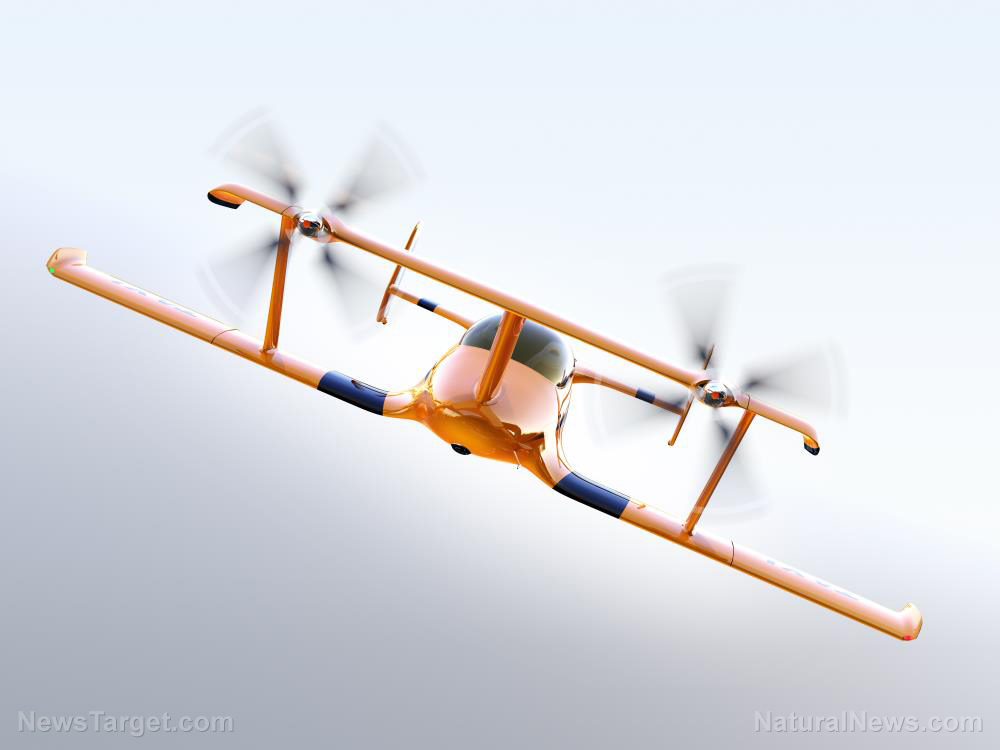China ramping up production of military drones to rival US drone fleet, leaked defense ministry document shows
01/26/2021 / By Arsenio Toledo
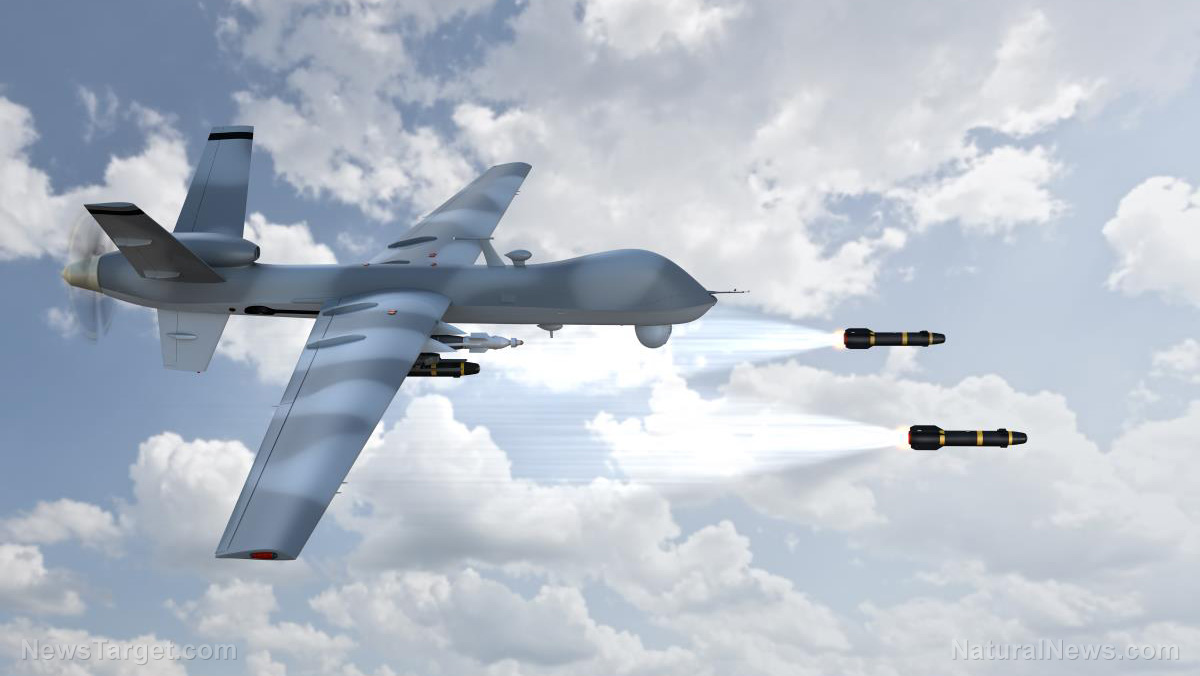
China is amassing a fleet of unmanned combat aerial vehicles (combat drones) as the communist regime hopes to compete with the drone fleets of its adversaries such as the United States. This is according to a leaked secret document from the Chinese Ministry of National Defense.
The secret document was dated July 2017 and was obtained by alternative news outlet The Epoch Times. It laid out in detail the Chinese Communist Party’s desire to dominate in what it called “full dimensional warfare.” This means being able to control the land, sea, air, space and even the electromagnetic spectrum where signals are sent to military equipment. The regime hopes to do all of this by amassing a fleet of advanced combat drones.
To accomplish this task, the document stated that the National Defense ministry is investing 130 million yuan (about $19.331 million in 2017 dollars) to create designs for one to two small, long-range combat drones and to build a factory that can produce at least a thousand of these drones per year. The document stated that the drone-making factory should begin production by the end of 2018.
“Implementation of the program will arm our national defense with the latest combat power in future vertical warfare and make it capable to contend with U.S. military weapons, giving it marked military significance,” the document said.
The National Defense ministry talked about how these combat drones will be a critical part in making sure a nation such as China can “engage in modern-day combat.” It cited how combat drones are “low cost” equipment that can fight in virtually every single “dangerous environment” in warfare. “In future warfare, seizing more information resources while controlling and restricting other nations’ information will be a key component for competing with nations during peaceful periods, and an important combat strategy in times of war.”
Army building up defenses against “drone swarms”
Fortunately, the United States is developing advanced defense systems to protect against what it calls “threats that the Air Force can’t stop.”
The need for sophisticated structures that can intercept small combat drones became more relevant after the recent six-week war between Armenia and Azerbaijan over the disputed Nagorno-Karabakh region in the Caucasus. The military of Azerbaijan was able to score a military victory thanks to the strategic deployment of combat drones.
While the armed forces were not part of that conflict, it served as a reminder of the fact that the country’s anti-air defenses are severely lacking, with many of them dating back to the Cold War. In fact, after the fall of the Soviet Union, the Army got rid of many of its air defense systems, preferring to redirect resources elsewhere.
Furthermore, many of the country’s remaining anti-air armaments are designed for larger aircraft, like helicopters and airplanes, and may not be capable of dealing with potential “drone swarms” from belligerent nations such as Russia, China and Iran. (Related: Russia, China building powerful, exotic, new weapons capable of destroying American coastlines and entire cities by stealth.)
This problem is compounded by the fact that neither the Air Force nor the Army are willing to use sophisticated anti-air weaponry against small, inexpensive and hard-to-hit targets like combat drones. Army officials have warned that using a $3 million surface-to-air Patriot missile against a combat drone that costs several hundred dollars is not a good economic exchange ratio.
“Our capabilities against adversary aircraft are, in general, very good,” said Mark Cancian, a former Marine Corps colonel and a senior adviser for a think tank in Washington, D.C. “The problem with drones is they tend to be very cheap. So there’s no point in firing a $100,000 missile at a $1,000 drone. You really need something else.”
Fortunately, the Department of Defense is working with the military to try and fast-track the development of counter-drone weapons and technologies. The Asymmetric Warfare Group, a unit within the Army, began developing counter-drone training, technology and tactics in response to the rise of the Islamic State, which used small drones to great effect.
Other weapons and technologies the Pentagon is developing include mobile drone detection radar systems, electronic warfare support systems like signal jammers and different defensive effector weapons like lasers, firearms and interceptor missiles.
For now, the Army’s short-term solution is to field interim anti-air systems for immediate threats. A variant of the Stryker, an armored fighting vehicle, began being outfitted with interim maneuver-short-range air defense (IM-SHORAD) systems back in 2018.
The Army’s Indirect Fire Protection Capability system, a mobile ground system capable of launching missiles, is also being equipped with more modern short-range missiles that can take down drones.
“This is not a single technology or single set of technologies that will be fielded,” said Cancian. “It’s going to be a series of technologies.”
Learn more about the threats America might face in the event of a full-blown military conflict with another superpower like China by reading the latest articles at NationalSecurity.news.
Sources include:
Tagged Under: Army, China, combat drones, defense, drone swarm, drone warfare, drones, future technology, military, military drones, military technology, national defense, national security, UAV, unmanned aerial vehicles, War, warfare
RECENT NEWS & ARTICLES
COPYRIGHT © 2017 FUTURETECH.NEWS
All content posted on this site is protected under Free Speech. FutureTech.news is not responsible for content written by contributing authors. The information on this site is provided for educational and entertainment purposes only. It is not intended as a substitute for professional advice of any kind. FutureTech.news assumes no responsibility for the use or misuse of this material. All trademarks, registered trademarks and service marks mentioned on this site are the property of their respective owners.



